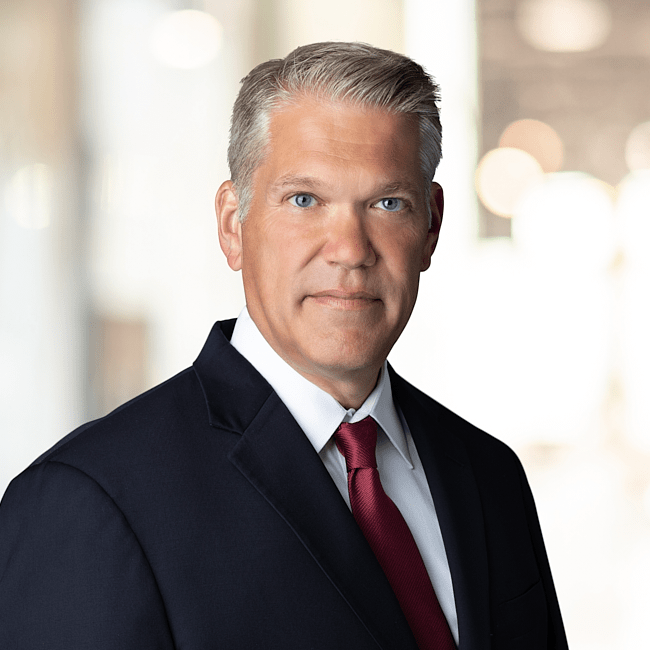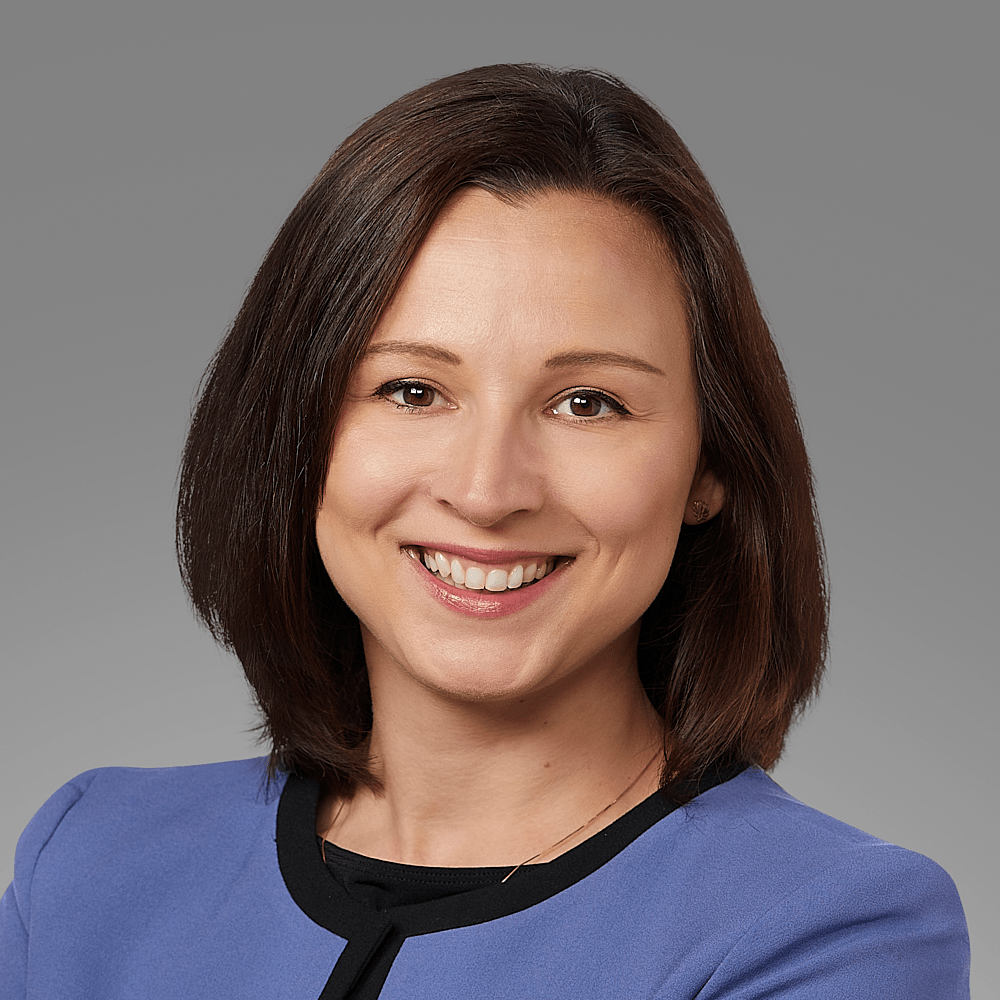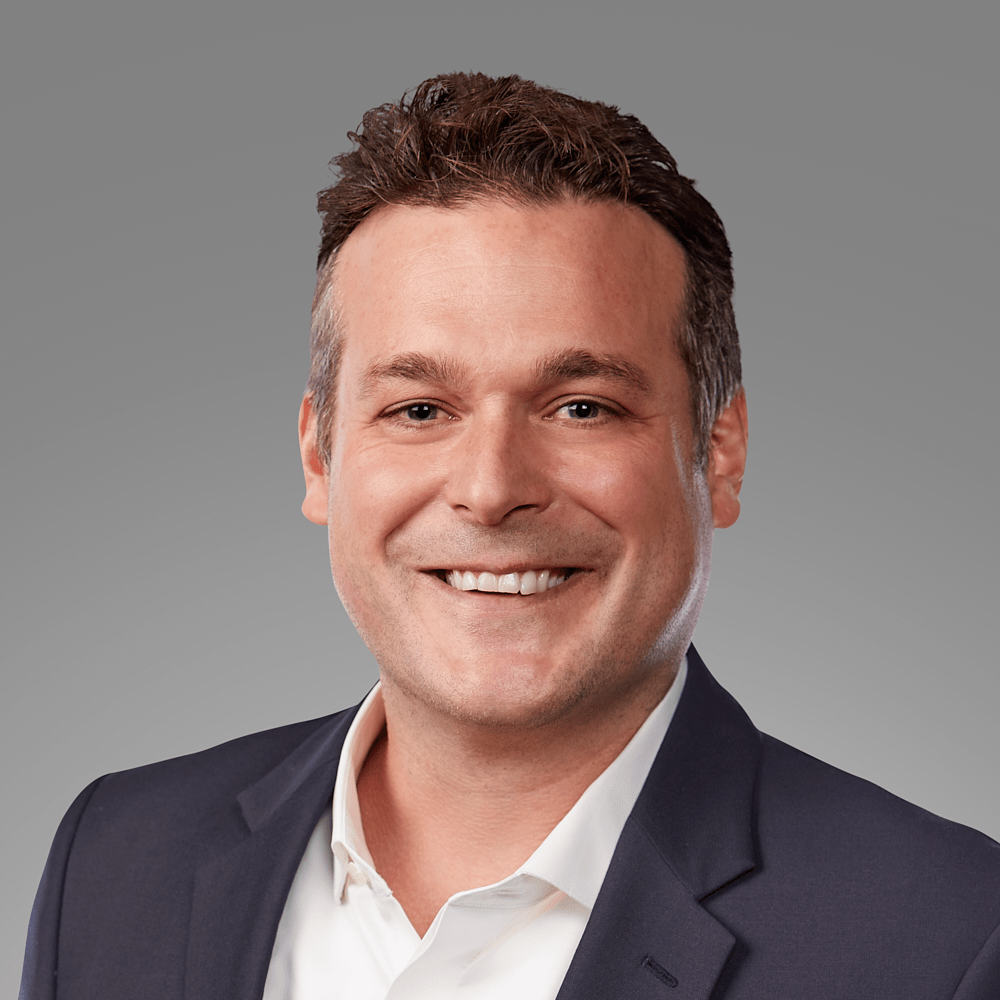In this Q&A, Forum Advisor John Vires discusses the distinct planning challenges and opportunities for investors in their 50s who are starting to worry if they have saved enough for retirement and what they should be doing now to secure their future.
Do investors change the way they approach the idea of retirement as they near and then reach age 50?
Fifty is definitely a milestone. By that time, we have reached our prime earning years as we have moved beyond the midpoint of our careers. A 24-year-old investor may diligently save into a 401(k) account, but the idea of actually retiring is very vague. At 50, you have an established standard of living and you have accumulated at least some financial assets. Retirement has suddenly appeared at the edge of your radar screen.
Many individuals in their 50s are still paying for college tuition for their children and other loans while preparing mentally and financially for a major lifestyle change. How does someone reconcile the feeling of being stuck in the middle?
This can certainly be a stressful time of life. Let me add that beyond providing for children, many 50-year-olds find themselves taking on the role of (at least) part-time caregivers for their aging parents.
I think the key to lowering stress levels and achieving peace of mind is planning. Take an honest look at your resources, your saving habits and free cash flow along with how long you are willing to work. With that information in hand, you can establish reasonable expectations for how much your retirement funds can expect to grow over the next 15 to 20 years. At this point, you should still have sufficient time to take remedial actions to improve your retirement prospects.
Why does retirement loom larger after age 50 when most pre-retirees are at least 15 years away from leaving the workforce?
This answer might be baffling to someone under the age of 30, but when I think back 15 years to 2002, it doesn’t seem that long ago! The older you are, the more appreciation you have for how fast time passes by. Even though 15 years is normally plenty of time to strengthen your financial plan, pre-retirees shouldn’t lose sight of how fast the grains of sand are running through the hourglass.
What do most pre-retirees forget as they are planning for retirement?
The odds are nearly even for couples aged 65 that one or both will live to age 90.1 I’ve heard so many times from pre-retirees that they are too old to own stocks. Whatever problems they have, being too old is not one of them!
When someone has 25 or 30 years of retirement living to fund, and with rising prices as a veritable certainty, pre-retirees can’t afford to hold only fixed-income investments. The old saw that investors should own their age in bonds is as obsolete as the rotary telephone.
What should pre-retirees focus on over the next 10 to 15 years?
Without delay, now is the time to get the financial house in order. One day not too far from now, you will quit your last job and drive your last rush-hour commute home from the office. To that end, I suggest focusing on the following:
- Funding a retirement portfolio according to plan.
- Paying off any mortgages or other debts by retirement.
- Reviewing long-term-care (LTC) needs and having an LTC policy in place, if necessary.
- Adopting an estate plan to offer protection in the event of disability, to outline financial and personal directives upon death and to allow for a smooth transfer of assets to the next generation.
If you walk out of work on that last day having accomplished these tasks, you can truly experience a new peace of mind, one that comes with embarking on the next stage of your life.
SOURCE
1 Steve Vernon, “Living Too Long Is a Risk!” CBSNews.com, July 24, 2013.
By clicking on a third-party link, you will leave the Forum website. Forum is linking to this third-party site to share information in a different format and is for informational purposes only. However, Forum cannot attest to the accuracy of information provided by this site or any other linked site. Forum does not endorse the site sponsors or the information or products presented there. Privacy and security policies may differ from those practiced by Forum.






